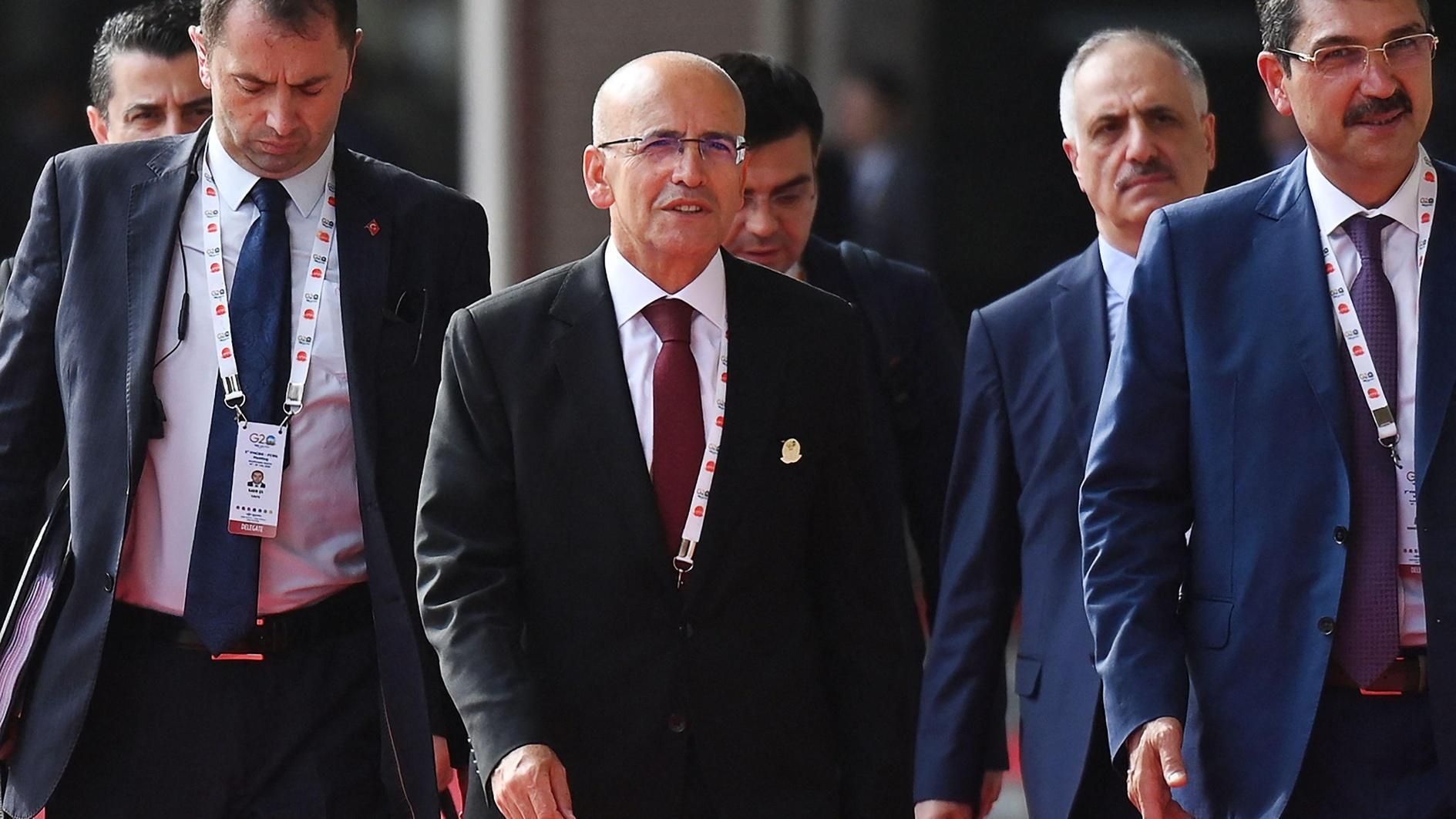As Turkish journalism sends out an SOS
I was in elementary school when I decided to become a journalist; I later started to work as a reporter in 1990. I tremendously enjoyed my profession as a diplomatic reporter, as the end of the Cold War brought with it tremendous dynamism to Turkish foreign policy. By the end of 1990s, I sort of entered a midlife crisis triggered by the state of affairs in Turkish journalism.
Let me explain.
Despite a terrible cost, Turkey has made tremendous progress in the course of the past two decades. The Turkish economy boomed while rights and freedoms expanded. The wave of structural reforms undertaken by successive governments in the economic and political domain has unfortunately failed to reach the press neighborhood.
The press, which is supposed to be the forth estate, has not played a leading role in the democratization of Turkey. It rather followed the government and civil society from behind. While the press was quick to adapt to technological novelties, the qualitative move forward witnessed in other sectors in Turkey were not matched as far as content/substance is concerned.
Successive governments, on the other hand, while they kept enacting endless legal amendments to freedom of the press and expression (even if they have not been a remedy to this day for journalists landing in jail), abstained from making any effort to regulate media ownership, which is at the core of the unhealthy relationship between the media and the power in government.
At the beginning of the 1990s, I had a 50-50 optimistic/pessimistic mood as I told myself that it “couldn’t get any worse,” but this attitude turned to despair as I realized that the hole could always get deeper.
But one period will go down in the history of Turkish journalism as exceptionally horrifying, and that’s the period surrounding the Feb. 28, 1997, process, when the military put tremendous pressure on the press to topple the Islamist government from power. I saw the editor-in-chief of the newspaper I worked for resign because he was asked to fire a prominent columnist which was critical of the military’s policies on the Kurdish issue. I can go on recalling numerous incidents. I would have thought nothing similar to that period would ever be experienced in Turkey.
Yet what we have been witnessing for the past year is unbelievably reminiscent of Feb. 28. Several columnists have been forced to quit because of their critical stance against the government’s policies. This wave of intolerance has not only took its toll on the “secularist but no longer mainstream media,” but on the pro-government papers as well, since Yeni Şafak’s Washington bureau chief lost his job for criticizing the government’s Kurdish policy.
But the sense of déjà vu made a reappearance recently when a number of journalists, among them prominent writer Cengiz Çandar, was subjected to a smear campaign nearly identical to the one he had experienced during Feb 28. Şemdin Sakık, the second man of the outlawed Kurdistan Workers’ Party (PKK), who was captured by security forces in 1988, was reported as saying that they paid journalists like Çandar to write in their favor. This conspiracy set up by the military has cost journalists their job.
A letter said to be from Sakık whose content appeared to discredit Çandar and other colleagues was published a couple of days ago. Ironically, it was published by a pro-government media outlet that has always claimed to be a victim of Feb. 28.
Now I wonder what all the pro-government/Islamist lobby groups in Brussels and Washington will say now after long having blamed everything on the Kemalist-secularist and military-political elites.
As for me, it seems I won’t get out of my midlife crisis anytime in the near future.











